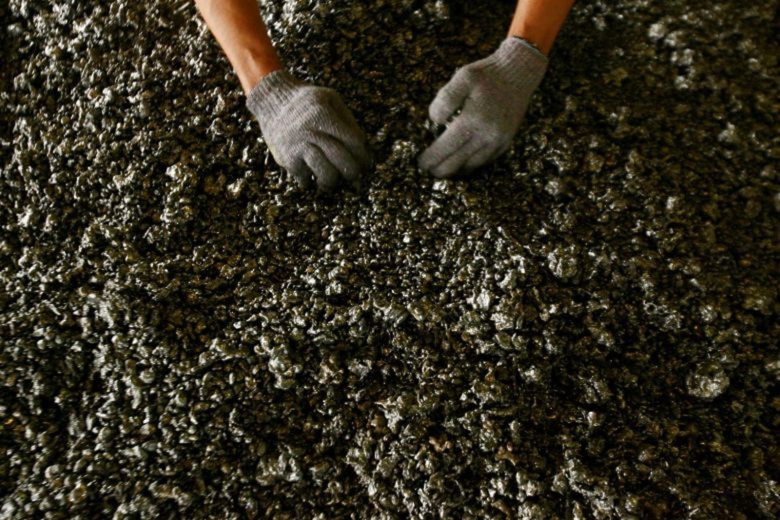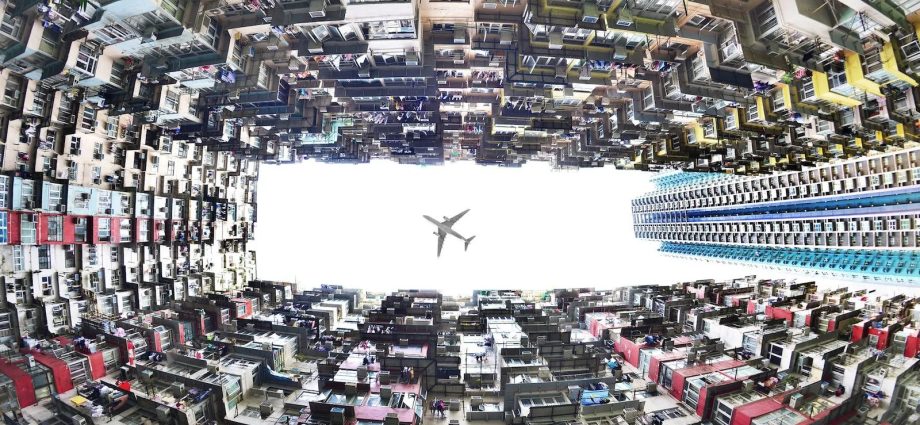Economists have long advised Indonesia to reduce its reliance on commodity exports and promote economic diversification. The Indonesian government has been pursuing this through the establishment of special economic zones and tax holidays.
But in 2020, the Covid-19-induced recession led to a more draconian diversification approach with a ban on the export of all unprocessed nickel.
Using an export ban as an industrial policy instrument is controversial since it creates market distortions and its goals must be carefully stated and measured.
Nickel is an important material for the production of most rechargeable batteries and its significance in the global supply chain has increased dramatically with the pursuit of global net-zero ambitions.
As Indonesia is the largest producer of nickel ores, President Joko Widodo (Jokowi) is sanguine about leveraging this advantage to increase the domestic value added from the nickel ore export ban.
Domestic value creation is cited as Jokowi’s primary goal. On paper, the results of the export ban are striking. Almost US$14 billion has been invested in nickel smelter capacity in Indonesia.
Maluku Utara and Sulawesi Tengah, Indonesia’s nickel downstreaming provinces, experienced double-digit growth rates in 2021, driven primarily by investment in the industry. Jokowi has highlighted how the ban has seen a 30-fold increase in the value of Indonesia’s nickel-related exports.
Calculating domestic value added is not straightforward. Comparing nickel ore export values and their derivatives is misleading since downstream products also embody the cost of energy needed for production and other inputs.

Because Indonesia was one of the largest nickel ore exporters, the ban has led to an increase in the international price of nickel and its derivatives. Investors in smelters now enjoy a much cheaper domestic price for nickel ore and a much higher value for exports of nickel metal.
On top of the tax holidays and cheap energy, which are crucial for capital and energy-intensive extraction, smelters are effectively subsidized by the government.
One may justify a reduction of short-term efficiency for future gain. The ultimate aim of nickel downstreaming is to position Indonesia as a major producer of electric vehicles (EVs), and achieving this may warrant a short-term loss. But the details matter and the challenges are apparent.
Most of the nickel mined in Indonesia is more suitable for producing stainless steel than renewable batteries. General smelter incentives and the nickel export ban skew investment towards stainless steel production instead of EVs.
The government has had to introduce measures to stop the growth of stainless steel production – including taxing exports of ferronickel – to support the development of smelters for battery production and processing facilities for high-pressure acid leaching.
The processing of nickel for use in EV batteries, however, comes with a significant environmental and carbon footprint. This is important if Indonesia wants to tap into the global market for EV products, particularly in Western markets.
EVs and their components are generally still more expensive than conventional combustion engine vehicles, and the Indonesian market alone will not be large enough to build sufficient scale.
Accessing the EU and US markets is likely to be challenging. In addition to environmental concerns, both have their own industrial policies. The fact that the European Union took legal action against Indonesia over the nickel export ban and won with US support does not help.
The Chinese market, which is larger and growing faster, is a potential market for Indonesian EV production. But the highest-selling EVs in China use nickel-free batteries. Global nickel scarcity creates incentives for producers to reduce or even eliminate nickel content in their batteries through technological innovation.
The Indonesian government is considering reducing its EV import tax to encourage the adoption of EVs domestically. While this policy may help Indonesia’s domestic EV adoption goal, it runs counter to the aim of nickel downstreaming.
Indonesian EV producers must compete with imported EVs, which may reduce the market share of domestically produced EVs even further and discourage investors from building an Indonesian EV industry.
By considering an import tax reduction for EVs, the Indonesian government implicitly acknowledges that building a domestic EV industry is at odds with its 2060 net-zero emissions goal.
For now, a better bet may be to focus on electric scooters, which are easier to manufacture and more affordable to domestic consumers. By tapping into this market first, Indonesia could gradually expand its industry for larger EVs.
Trade policy remains key. If the Indonesian government thinks the European Union filing a case against Indonesia in the WTO is a form of “forced export”, it should navigate this diplomatically. If Indonesia wants to restrict its exports, it should not complain when the European Union imposes controls on its imports from Indonesia.
The Indonesian government needs to understand the reciprocal nature of WTO membership if it wants to negotiate this matter with partners.

Nickel is a small part of the whole EV value chain and building an EV industry requires much more than a ban on nickel exports. But Indonesia’s nickel downstreaming policy is here to stay.
Firms already committed to investing in Indonesia under conditions set by the policy have an incentive to resist change to the status quo. The government has to consider the country’s reputation as an unpredictable investment destination if the resource-based downstreaming story is to be sold as one of Jokowi’s biggest achievements when he ends his second term in 2024.
Downstreaming will not get any easier for the next Indonesian president. Government funding will be constrained by the debts of past infrastructure projects and the construction of Indonesia’s new capital city. Global uncertainty and high-interest rates won’t help either.
As renewable industries become more complex, factors like a predictable supply chain, proper law enforcement, market access, human resources and technology will become even more important.
The Indonesian government has to address these issues to improve Indonesia’s business environment. Relying on export bans is no magical solution in framing Indonesia’s industrial policy.
Krisna Gupta is Lecturer at Politeknik APP Jakarta and an Associate Researcher at the Center for Indonesian Policy Studies.
This article was originally published by East Asia Forum and is republished under a Creative Commons license.

